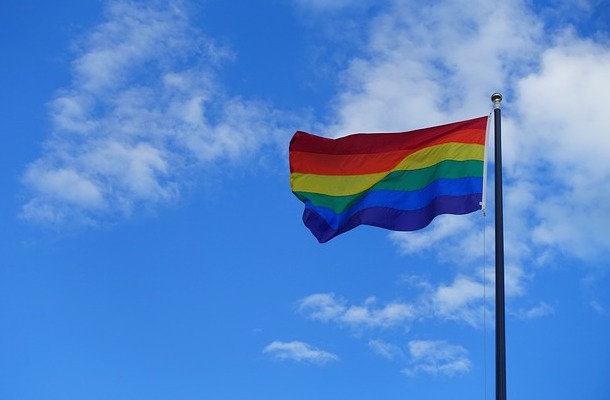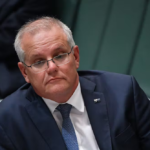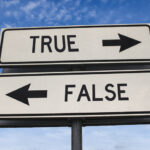The equality debate: new challenge deserving a public platform, or oldest political game play in the book?

If there is one thing that can be said about the debate on marriage equality, it’s that there is absolutely nothing new about it. I say this not to detract from its relevance or importance. It is the civil rights battle of our time.
Rather, I question the assertion that we need a public debate in order to resolve it. I question it because this push for a renewed wave of contentious and sensational debates, in the public media, is being presented in a way that makes it appear necessary. It is being framed as essential in order for the public to understand and decide upon an issue that simply hasn’t been properly explored. Yet this issue has had so much attention, has been so well debated, has been so extensively considered and written about by academics, activists, politicians, health professionals, educators and the general public at large, that it is hardly conceivable we are being asked to accept that it requires another campaign to help us, the poor uninformed public, to understand it.
Framing this debate as new does, however, serve a strategic purpose – it obscures other parallel struggles, preventing us from seeing the gay marriage debate in context. Such parallel struggles, in which a majority advocates for a minority to be given less rights, or less access to resources and services, or to have their freedoms curtailed to suit the ideology of the dominating group, are innumerable.
These struggles are all about prejudice and these debates have all reached similar conclusions. Their logic has been interrogated, and their arguments have been deemed indefensible and consequently the laws based on their logic have been repealed. Time and time again, from the civil rights movement, to the many demands for suffrage and equal pay as well as (ironically) the right to freedom of worship, similar battles for equality have been waged and won. Yet, somehow we are being schooled on the importance of another debate over whether the majority group should be permitted to restrict the freedoms of a minority so that the dominant group may maintain their power and privilege unchallenged.
For opponents of marriage equality, the beauty of making this debate seem new is that it isolates the minority from other groups who suffer, or have suffered, similar attacks on their freedoms. It allows these highly controversial subjects to become the dog whistle of the dominant group, and every time they blow that dog whistle their troops rally in opposition to the renewed threat to their position of privilege and power. This is why the Liberal Party wants this debate to go on forever. Once it is resolved, they have to either find a new minority to vilify, or resurrect old prejudices in order to reassert a need to resolve them. It is no coincidence that Pauline Hanson has received such cordial treatment from Malcolm Turnbull – she serves a particular purpose in the machinations of (neo)liberal politics.
Nevertheless, here we are again, being presented with another opinion poll on the subject of equality. Make no mistake; the Liberal Party will have their plebiscite. The question is how many more times will we be forced to jump through their flaming hoop to conclude that a prejudiced opinion is not a defensible argument. This plebiscite is just another platform for the privileged and powerful to maintain their position of dominance, and anyone who has been forced to subordinate in any other struggle should see this struggle for equality as their own.
Note: In this piece I’ve drawn from the arguments of David Harvey in his article Neoliberalism as Creative Destruction (2007) , Patrick Stokes (2016) op-ed piece published here on The Conversation, and LGBTQI activist Rory O’Neil (aka Panti Bliss) in her 2014 post-show oration at the National Theatre of Ireland on the subject of oppression around the time of the Irish constitutional referendum on marriage equality.
Tenley is currently engaged in ongoing research at the University of Sydney focussed on the anthropology of gender, and the political economy of gender classifications in international development discourse.












